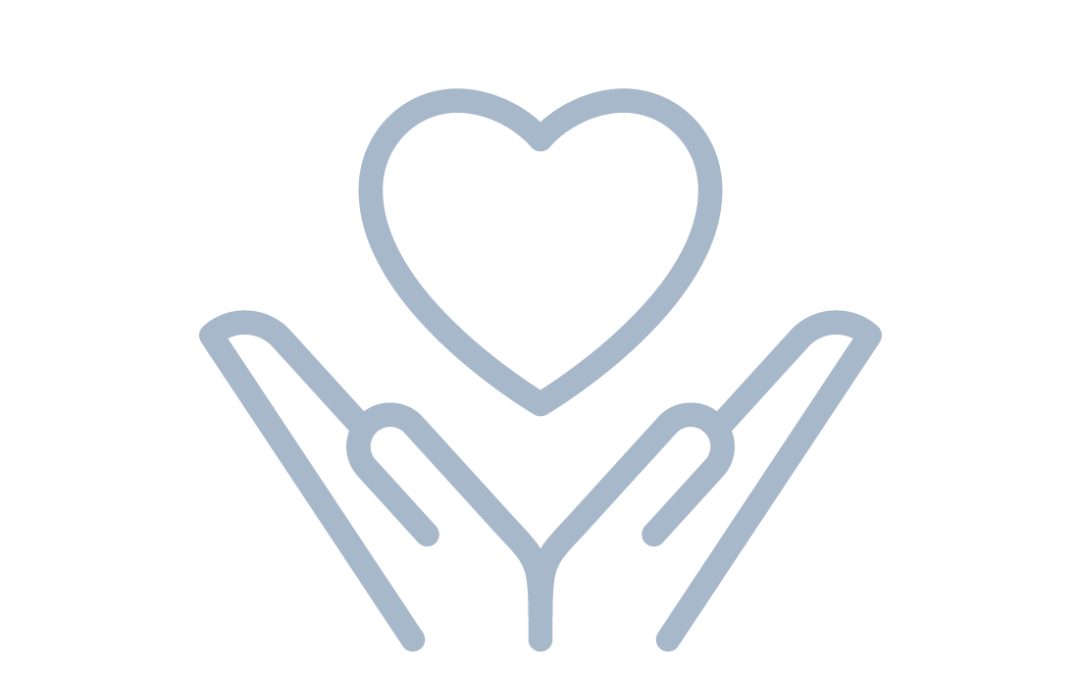All of us require adequate sleep, and the best type of sleep, to be happy and healthy. In the long run, not getting adequate sleep can impact our moods in addition to our physical wellness. how stress affects mental health psych central. There are lots of things you can.
attempt to enhance your sleep quality and amount. However if you attempt these things and you still can't sleep, speak to your GP - how snapchat affects mental health. Details about a treatment, service, item or treatment does not in any way back or support such treatment, service, item or treatment and is not meant to replace guidance from your medical professional or other registered health expert.


, stabilize, and recover itself. A study published in Science found that the brain cells of mice may really diminish during this procedure to accommodate the volume of liquid streaming in and out of the brain, which appears to help clear out waste. The cells then appear to broaden once the mice wake up. These findings support a later study that revealed sleep deprivation had a dampening effect on brain cell activity. Waste develop and sluggish nerve cell signals often cause decreased decision-making skills, response times, and reasoning capabilities. Keeping a healthy diet plan isn't simple if you're not getting adequate sleep. Throughout sleep deprivation, the body releases higher amounts of the appetite hormonal agent ghrelin while launching less of the satiety hormonal agent leptin. When you consume these foods, your brain gets more rewards than usual, triggering you to crave them even more. Cravings modifications are among the factors that extended sleep deprivation may cause unwanted weight gain and diabetes. While you sleep, your body immune system gets to work recharging itself and making antibodies. As soon as you get ill, an immune system depressed by sleep deprivation takes longer to combat off infection. Your immune system health can likewise be affected by poor sleep quality. The immune system goes to work recharging itself and fighting infection while you remain in the inmost levels of sleep. If https://how-to-get-over-depression.mental-health-hub.com/ time is cut brief or you experience wakefulness during the night, the immune system doesn't get the time it needs to stay healthy. Swellings, valleys, or perhaps tags on your mattress could cause wakefulness. If persistent pain is a problem, you may require a mattress that's developed for your preferred sleep position. Today, you can research and buy mattresses online and have them provided to your door to make this process much easier. Other environmental factors like sound, light, and space temperature level might likewise hinder your sleep. The majority of people sleep more conveniently in a room kept between 60 to 68 degrees to enable the natural drop in body temperature level at the start of sleep. By making sleep a top priority, you give yourself the chance to get the rest that your body and mind need. With the right environment and constant effort, a much better night's sleep is just a great night's rest away.
Her preferred research subjects are health and wellness, so Amy's a regular reader of Scientific American and Nature. She likes taking naps throughout thunderstorms and cuddling up with a blanket, book, and cats. SOURCES: Maddox, W.T. Sleep, 2009; vol 32: pp 1439-1448. Taylor, D.J. Sleep, Nov. 1, 2005; vol 28: pp 1457-1464. National Sleep Foundation:" 2009 Sleep in America Survey Emphasizes and Key Findings,"" 2002 Grownup Sleep Habits, "" Teenagers and Sleep.
Fascination About Why Mental Health Affects Us All
" National Institute of Neurological Disorders and Stroke:" Brain Fundamentals: Understanding Sleep." WebMD Function:" The Toll of Sleep Loss in America. "NIH National Heart, Lung and Blood Institute:" Your Guide to Healthy Sleep." Barry Krakow, MD, medical director, Maimonides Sleep Arts and Sciences, Ltd., Albuquerque, N.M.; author, Sound Sleep, Noise Mind: 7 Keys to Sleeping Through the Night. Allison T. Siebern, PhD, fellow, Sleeping disorders and Behavioral Sleep Medication Program, Stanford University School of Medication, Sleep Medicine Center, Redwood City, Calif. U.S. Department of Health and Human Being Solutions:" Your Guide to Healthy Sleep." WebMD Medical Reference:" Sleep 101." National Highway Traffic Security Administration:" Drowsy Driving and Auto Crashes.". Sleep is not just' time out 'from our hectic routine.
Many of us need to sleep well to assist our bodies recuperate from the day and to allow recovery to occur. However with significantly busy lives it's approximated that we now sleep around 90 minutes less each night than.
we did in the 1920s. Lack of sleep can make us feel physically unwell as well as stressed out and nervous, and researchers likewise think that it adds to heart problem, premature aging and roadway mishap deaths. There are more than 80 various sleep problems listed in the medical textbooks, varying from the inability to get to sleep( sleeping disorders )to the inability to remain awake( narcolepsy ). However sleep problems can also be a sign of other conditions, such as a problem with your thyroid gland or anxiety, so it's worth seeing your GP if your sleeping issues continue. Sleeping disorders is the most typical sleep disorder, impacting an approximated 20% of people. Common signs are: problems falling sleeping problems remaining asleep( so that you get up numerous times each night )awakening prematurely daytime drowsiness, stress and anxiety, impaired concentration and memory and irritation Short-term sleeping disorders, lasting for a couple of nights or a couple of weeks, generally affects individuals who are temporarily experiencing several of the following: stress modification in environmental sound levels extreme modification in temperature level a various regimen, perhaps due to jet lag adverse effects from medicines Persistent insomnia, lasting for a month or longer, frequently results from a mix of factors that often include underlying physical or psychological health issues. Narcolepsy is a brain disorder that upsets how the body regulates your sleep patterns. Among the primary signs is extreme sleepiness- patients can fall asleep at work, talking or driving a car. These' sleep attacks' can last from 30 seconds to more than 30 minutes, regardless of how much sleep you are getting at night. The individual will stop breathing briefly at periods throughout the night, which wakes them up briefly- constantly interrupting their rest. People with sleep apnoea get up to breathe numerous times during the night, that makes them very exhausted during the day. Normally they aren't mindful of these short awakenings.